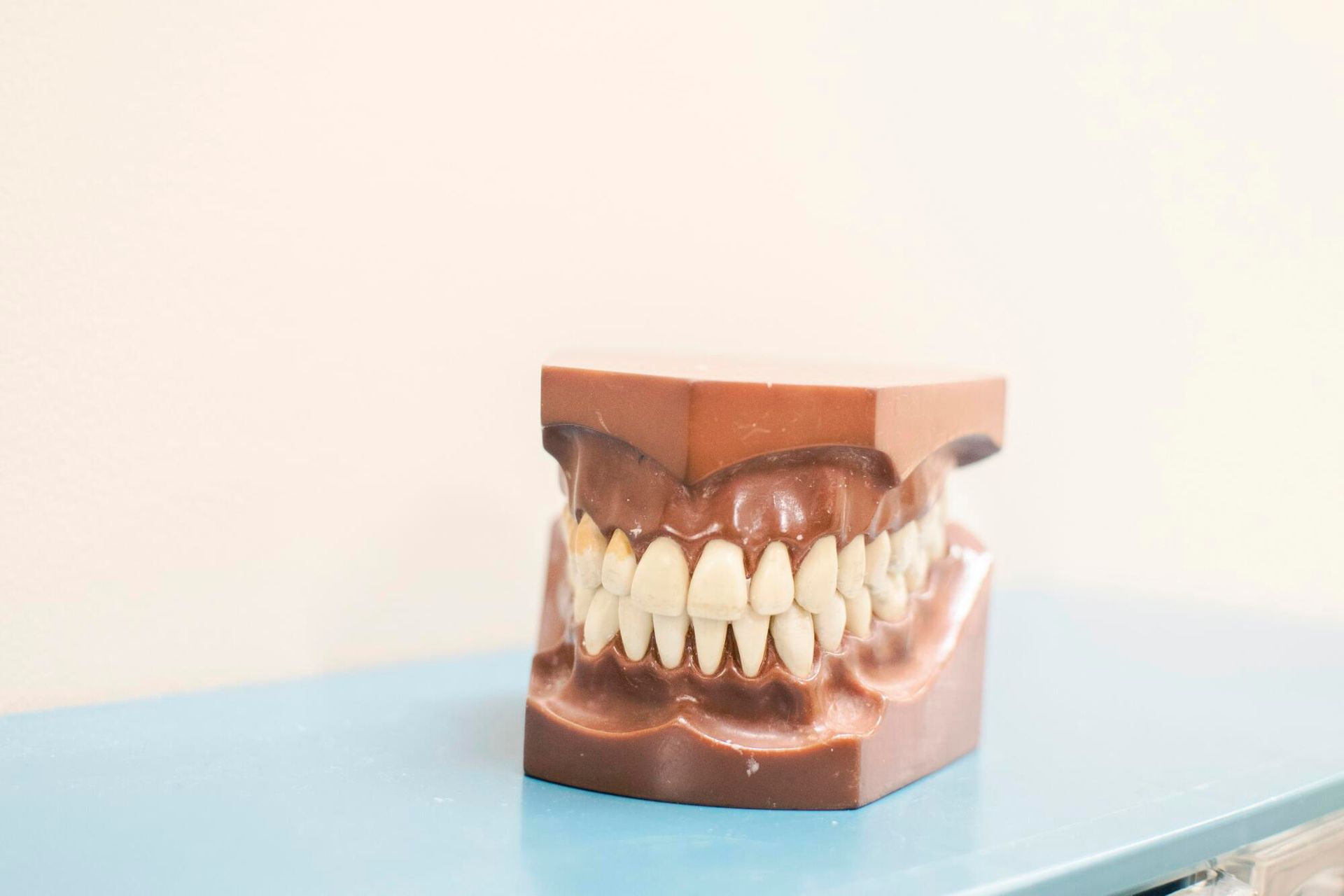The Office Is Not In Network With Medicaid, CareSource, or any State Insurances.
The Office Is Not In Network With Medicaid, CareSource, or any State Insurances.
We Are Accepting New Patients
Serving patients in the Macedonia, OH area.
Top 5 Signs You Might Need Oral Surgery
Oral health is more than just keeping your smile bright; it's a gateway to your overall well-being. Sometimes, despite our best efforts in oral hygiene and dental care, we face issues that only oral surgery can fix.
It's crucial to spot these signs early. Doing so not only spares us discomfort but can also prevent more severe health problems. This piece dives into the top 5 indicators that oral surgery might be on the horizon for you.
Read on to understand why catching these signals early can save you a lot of trouble and ensure your teeth stay healthy.
1. Persistent Pain or Discomfort
Persistent pain in the mouth or jaw often waves a red flag that something deeper is amiss, potentially signaling the need for oral surgery. This kind of discomfort might stem from various issues, ranging from gum disease to impacted wisdom teeth, each affecting your oral health in significant ways.
Ignoring such pain can lead to more severe complications, emphasizing the importance of dental care that goes beyond daily brushing and flossing.
Oral surgeons are trained to diagnose and treat these complex problems, offering solutions that not only alleviate pain but also address its root cause. Seeking their expertise at the onset of persistent discomfort can prevent the escalation of oral health issues, ensuring your smile remains both healthy and pain-free.
Remember, enduring pain is not a normal part of oral hygiene; it's a sign that your mouth is crying out for help.
2. Difficulty Chewing or Swallowing
Facing trouble while chewing or swallowing is a red flag that shouldn't be ignored. Such issues can signal the need for an oral surgeon's expertise. Problems like jaw alignment issues, infections, or even the presence of growths can lead to these symptoms. These conditions not only interfere with daily comfort but also pose risks to oral hygiene and overall health.
Eating becomes a challenge, affecting how well you're nourished. Then poor nutrition due to difficulty eating can have a ripple effect, impacting your overall health. Oral surgeons are equipped to address these concerns, offering solutions that aim to restore your ability to eat comfortably.
Seeking help at the first sign of trouble can make a big difference. It ensures that minor issues don't evolve into major health concerns, keeping both your smile and body in good shape.
3. Jaw Joint Issues or TMJ Disorders
TMJ disorders, affecting the jaw joints, can be more than just a source of discomfort-they might necessitate oral surgery for lasting relief. These disorders can cause pain, difficulty in moving the jaw, and even changes in how the teeth fit together. Over time, untreated TMJ issues can wear down teeth and worsen oral health.
Oral surgery offers a way to address the root cause of TMJ disorders, providing a solution that goes beyond temporary fixes. By correcting the underlying structural problems, surgery can alleviate pain, restore function, and prevent further damage to the teeth.
Maintaining healthy teeth and good oral health includes taking care of the jaw joints. When TMJ disorders disrupt your life, it's a signal that you might need more advanced treatment. Oral surgeons can assess your situation and recommend the best course of action, ensuring that your entire mouth stays healthy.
4. Impacted Teeth or Wisdom Tooth Problems
Impacted teeth, particularly wisdom teeth, are a common reason for oral surgery. When teeth don't emerge properly or are blocked from coming in, they're considered impacted. Wisdom teeth are notorious for this, often causing pain, infection, and even affecting other teeth's alignment.
Oral surgeons play a crucial role in resolving these issues. They assess the situation carefully, using their expertise to determine the best course of action. Surgery to remove impacted teeth can prevent further oral health problems, such as damage to adjacent teeth, infections, and gum disease.
The intervention of an oral surgeon in these cases not only resolves immediate discomfort but also safeguards your oral health for the future. By addressing impacted teeth or wisdom tooth problems promptly, you're taking a vital step toward maintaining a healthy, pain-free mouth.
5. Signs of Infection
Oral infections signal a red alert for your health, often necessitating a deeper look and possibly, surgical intervention. Recognizing these signs early can be a game-changer in managing your oral health. Let's dive into what these signs look like and how maintaining top-notch oral hygiene can fend off the need for surgery.
Recognizing the Signs
Swelling, persistent pain, redness, and the presence of pus or a foul taste are clear indicators of an oral infection. These symptoms are your body's way of sounding the alarm. Conditions like abscesses, severe gum disease, or infections deep within the tooth can not only cause significant discomfort but also threaten your overall oral health.
The Role of Oral Hygiene
Oral hygiene isn't just about keeping your breath fresh; it's a crucial line of defense against infections. Regular brushing, flossing, and dental check-ups help prevent the build-up of bacteria that can lead to serious infections. Despite these efforts, if you spot any signs of infection, it's critical to seek professional help promptly.
An oral surgeon can address these infections effectively, often through surgical procedures aimed at removing infected tissue or draining abscesses. This level of intervention helps protect surrounding healthy teeth and tissues, underscoring the importance of early detection and treatment.
By staying vigilant and maintaining good oral hygiene, you can significantly reduce the risk of infections escalating to the point of requiring surgery.
Time to Consider Oral Surgery?
Spotting the signs early that you might need oral surgery is crucial for maintaining your oral health and overall well-being. Recognizing issues such as persistent pain or difficulty chewing can be the difference between a quick fix and a long-term problem.
We encourage you to seek professional advice from an oral surgeon to address any concerns. At Q & A Dental Care, we pride ourselves on providing exceptional dental care with a focus on patient comfort and convenience, including an in-house laboratory for faster service.
Get in touch with us to ensure your smile stays bright and healthy.
Website designed and maintained by Xpress, INC
All Rights Reserved | Q & A Dental Care



